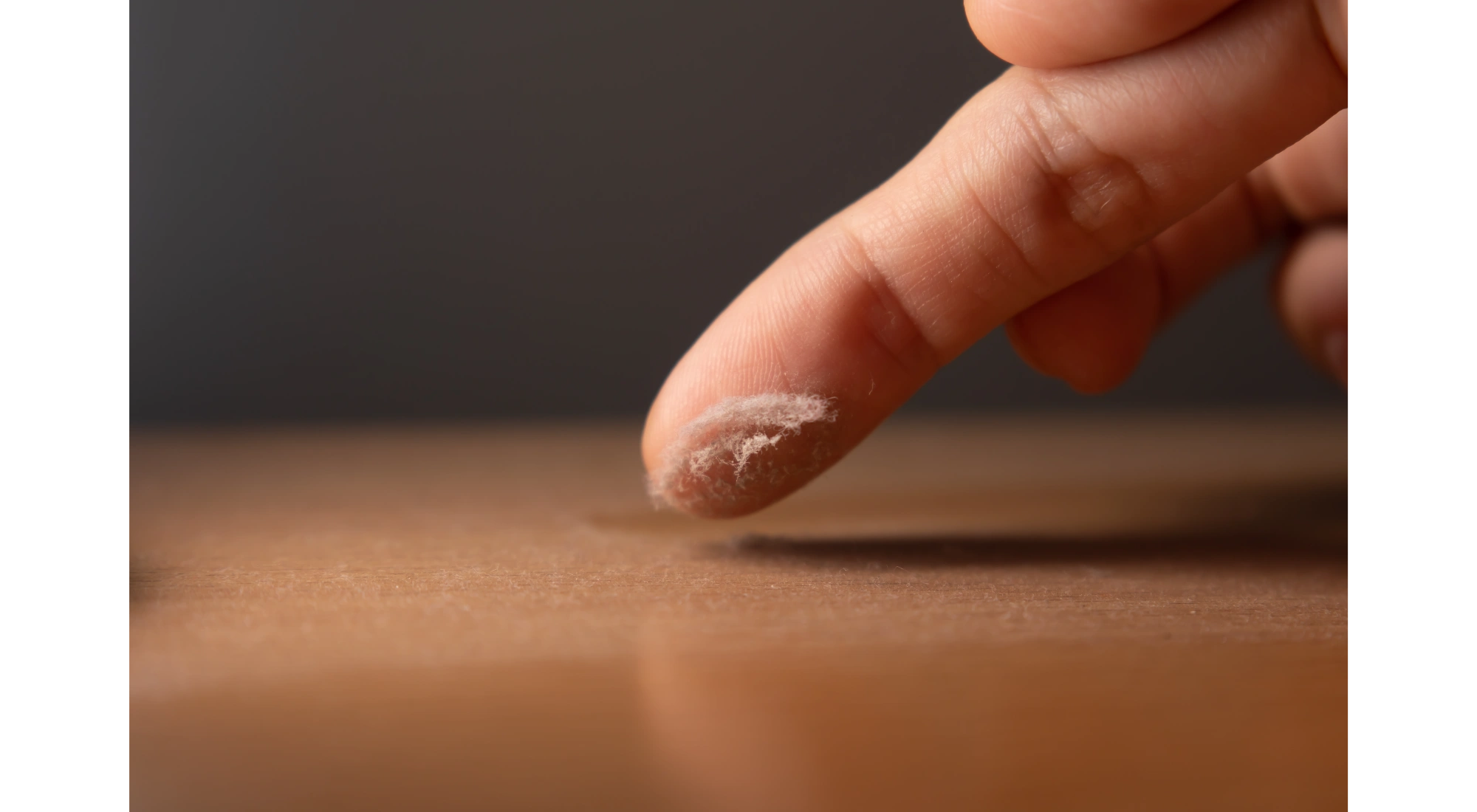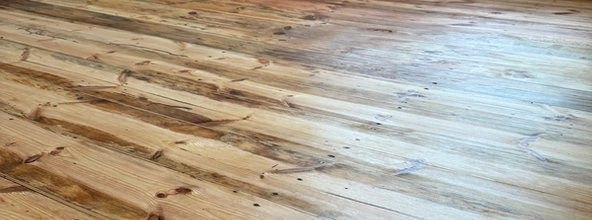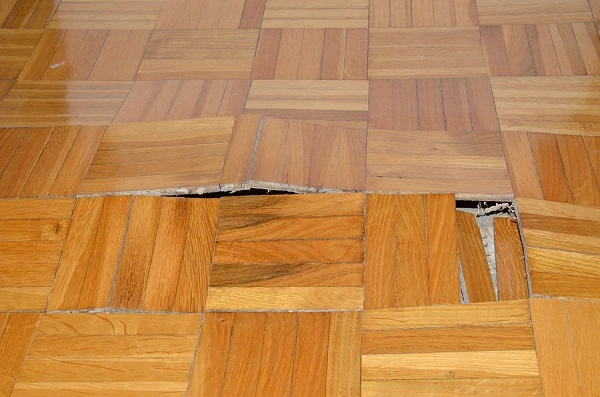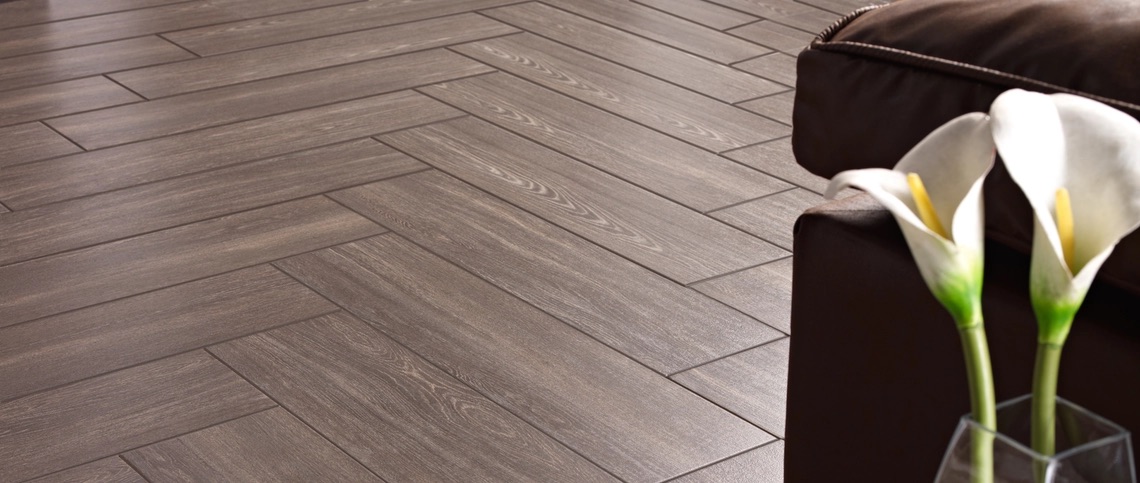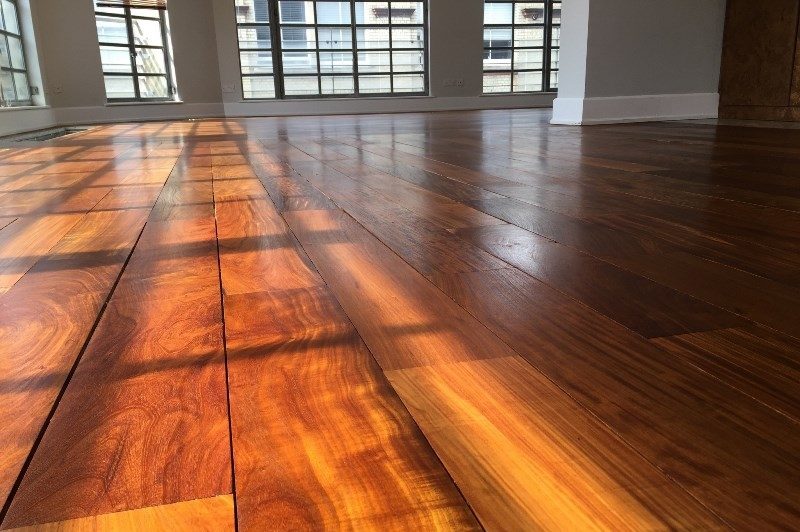04 Apr 2023
Floor and Allergies
Different types of allergies are common in people all over the world. Allergies are caused when our immune system overreacts to a foreign substance, such as pollen, pet dander, or dust mites. When these substances come into contact with our eyes, nose, or skin, our immune system releases histamines, which cause symptoms such as watery eyes, sneezing, and itching. Some people are more sensitive to allergens than others, and their symptoms can range from mild to severe.
Why do allergies develop?
Our immune system is an active line of defence. It protects our body from viruses and bacteria. In most cases, it does a great job of distinguishing between foreign substances and our own cells. However, sometimes our immune system can mistake harmless particles for dangerous invaders. When this happens, it releases histamines and other chemicals that cause an allergic reaction.
What is the relationship between floor and allergies?
The floor of your home is directly linked with allergies. If you have wood floors, for example, you may be concerned about the possibility of dust and other allergens accumulating in the cracks and crevices. Regular cleaning and vacuuming can help to reduce the levels of allergens, but it’s also important to choose a vacuum cleaner with a HEPA filter. This will trap smaller particles that could otherwise be recirculated into the air.
Carpets are another type of flooring that can harbour allergens. If you have carpets in your home, it’s important to vacuum them regularly and have them professionally cleaned on a regular basis. You may also want to consider using carpet protectors, which will help to keep dust and other allergens from settling into the fabric.
What is the best type of flooring to avoid allergies?
There is no one-size-fits-all answer to this question. Some people find that hardwood floors are the best option for avoiding allergies, while others prefer carpeting or tile. The important thing is to keep your floors clean and free of dust and other allergens.
If you’re concerned about the level of allergens in your home, it’s a good idea to talk to an allergist. They can help you identify the substances that you’re allergic to and recommend the best course of action to reduce your symptoms.
What are the benefits of wood floors?
Wood floors offer some amazing benefits that are below:
- Easy to clean and easy to remove almost all the troublesome allergy stimulants.
- Decrease the chance of allergies by 90%.
- Helps to circulate the air in a room and eliminates places for mold, mildew, and dust mites to hide.
- Non-toxic and will not give off any fumes that can irritate your respiratory system.
- Will not hold onto smoke, pet dander, or other airborne allergens the way carpeting can.
- Is a natural product that can help improve indoor air quality.
- If you ever change your mind or wood floor will get worn out you can always have your wood floors sanded with a dust-free sanding method and equipment and a professional team. You can even change the colour 🙂
If you have allergies, it’s important to choose a flooring option that won’t make your symptoms worse.
